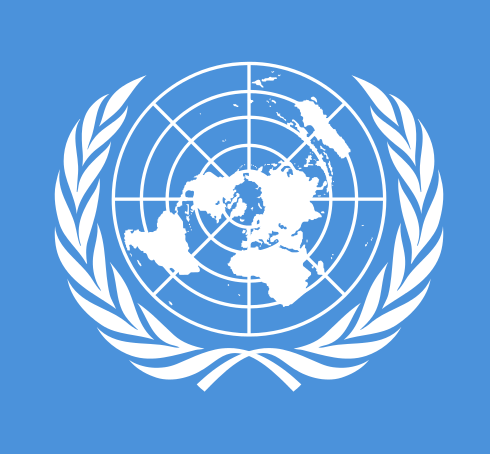OPINION: To solve regional conflicts, strengthen the United Nations

In the past few weeks more and more attention in the U.S. has focused on the volatile situation in Ukraine. The situation is so complicated that it probably would take a trained diplomat from the State Department to really understand it, but the hatred and violence is something everyone can comprehend. As far as I can fathom, one part of Ukraine wants closer relations with the European Union and the other wants closer relations with Russia. Among the many factions battling it out in the streets is a rather scary neo-Nazi group.
It’s somewhat similar to another problem area marked by civil war, Syria. What began as a pro-democracy uprising against the Assad dictatorship has evolved into a full-scale conflict, with different factions backed by different nations in the international arena. Some of the rebels are genuine democrats and reformers. Others are Islamic fundamentalists with links to Al Qaeda.
In both cases, especially in the case of Ukraine, calls by the media for the United States and President Obama to intervene are increasing. Clearly, someone should intervene. But why should it be the United States? U.S. troops have often had two or three tours of duty in Iraq or Afghanistan. Do they want an additional tour of duty in Kiev or Aleppo? Besides, President Obama can hardly get any of his domestic initiatives through Congress. What makes you think that he would be more successful with foreign adventures?